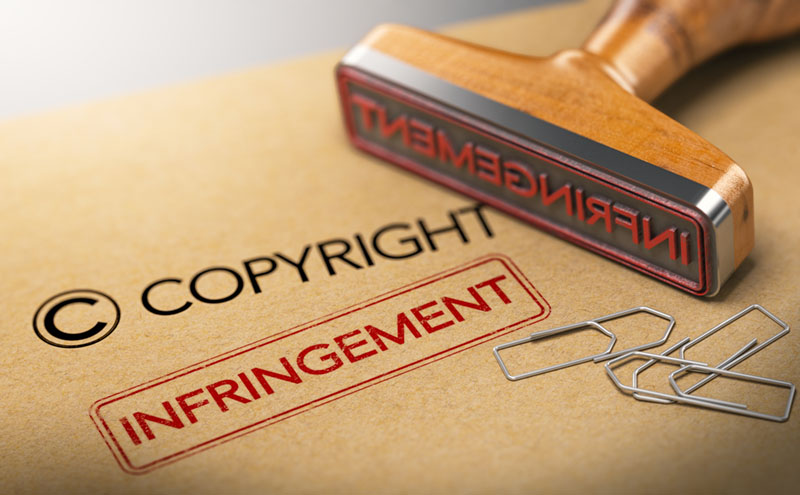UNDERSTANDING THE RISKS
Counterfeit keys often circumvent U.S. laws and regulations. Poor quality control results in products that could malfunction or have a short useful life, putting consumer safety at risk. This leaves dealers on the hook to fix or replace the faulty key and could call into question a dealership’s reputation. Counterfeit manufacturers often do not adhere to American standards related to child labor, worker safety, and the disposal of industrial waste. While low standards and shortcuts result in a lower product cost, they create an unlevel playing field, putting honest vendors at a competitive disadvantage.
COUNTERFEITING ISN'T ONLY UNETHICAL, ITS ILLEGAL
According to U.S. Code § 2320, the possession, sale, or distribution of counterfeit automotive keys is a federal crime. The U.S. government dedicates resources from over a dozen agencies to the enforcement of anti-counterfeiting laws. Their work is beginning to pay off for our industry. Additionally, the Federal Communications Commission imposed fines in 2017 against a U.S.-based car key supplier for selling devices without FCC certifications. This successful prosecution occurred before FightFakeKeys began its work. With the FightFakeKeys Alliance’s commitment to pursuing and reporting counterfeiters and our full cooperation with law enforcement, we expect a significant increase in government action.

HOW DEALERSHIPS CAN HELP
Dealerships like yours often hire outside vendors to replace keys on their used car inventory, so you’re in a unique position of influence. When rogue vendors use counterfeit keys on your vehicles, you pay the price with high failure rates, damaged customer relationships, and potential legal risks. Dealers who knowingly purchase counterfeit goods could be in breach of their franchise agreements.
To protect your business from unethical suppliers, consider implementing a Supplier Code of Conduct (SCoC). In addition to requiring legal and ethical behavior from vendors, an SCoC includes language preventing unauthorized use of another company’s trademarks or copyrighted content. Dealerships should take the time to ensure their key vendors use only FCC-certified keys. If vendors are using aftermarket keys, confirm they come from a reliable supplier committed to protecting other companies' intellectual property.
Examples of supplier codes of conduct can be found on our resources page.
JOIN FIGHTFAKEKEYS.ORG
Pledging your dealership’s support for FightFakeKeys.org and adding your company logo alongside other industry leaders on our website. Help us protect consumer safety, defend American jobs, and preserve the long-term health of our industry.




